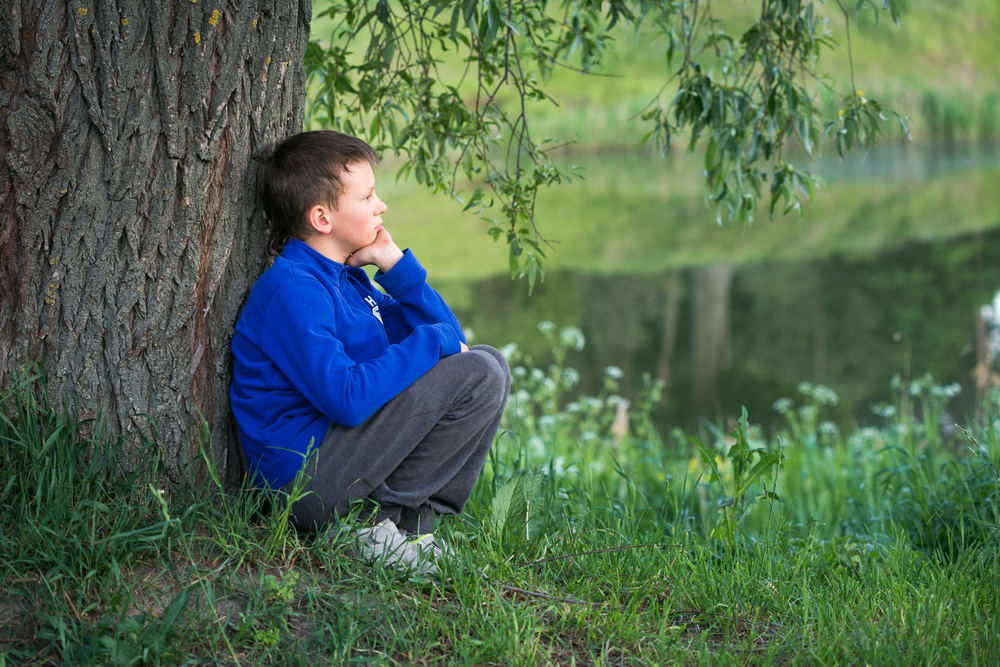
“Only children are bound to be spoiled, lonely, and bossy.” Ring a bell? This myth has had decades to take root in our minds, but one recent study is reversing it. With households around the globe more and more on the decline nearly 22% of mothers in the United States now have only one child. It’s time to peel away myth from reality.

So, what does being an only child actually say about you? The reality is more nuanced, empowering, and also surprising than you might guess. Drawing on the latest science and expert insight, here’s what science and life itself teach us about the unique strengths and challenges of being an only child.

1. The Durable Myth: Are Only Children Narcissistic?
For over a century, psychologists like G. Stanley Hall have described only children as “jealous, selfish, egotistical, dependent, aggressive, domineering, or quarrelsome.” But newer studies are debunking those stereotypes. In a survey of 8,689 university students, Dr. Joshua Foster found “no differences between people who grew up with versus without siblings” on narcissism scores like entitlement and arrogance.
Dr. Samantha Stronge’s research with over 20,000 adults echoed this, showing only minimal differences in traits like conscientiousness and agreeableness none of which reached even a small effect size. As her team concluded, “Beliefs about only children appear to contradict actual group differences.” So, if you’ve ever been labeled self-centered just for being an only, it’s time to let that baggage go.

2. High Parental Expectations: The Double-Edged Sword
Being the sole focus of parental attention can be a blessing and a serious pressure point. Only children receive the full package of their parents’ hopes, dreams, and anxieties. Dr. Susan Newman delineates, “Only children are acutely aware that theirs is the only report card coming home.” This can encourage high achievement, but perfectionism and anxiety too, especially in adolescence when self-differentiation is so important (Pickhardt, 2024).
But there’s a catch: Only children tend to be high achievers, thanks to one-track support and resources. “They get the precious commodity of uninterrupted attention from their parents, which is cognitively advantageous for linguistic development,” psychologist Linda Blair says. It’s a balancing act one that can lead to both confidence and stress.

3. Social Skills: More Adult-Savvy, Sometimes Less Peer-Savvy
Only children become experts in managing adult language and expectations. Dr. Carl Pickhardt says, “Only children learn early on how to get along with adults, which is a huge advantage.” These skills apparently translate into great communication and leadership skills at the workplace and elsewhere in life.
But peer relationships may not be so easy. Big studies, like Project Talent, found that only children “were more interested in solitude than their counterparts with siblings.” They may not be antisocial, but only children may need a little extra practice with conflict and compromise things that siblings get to practice at home. The best news? These gaps can be bridged with active social experiences, i.e., regular playdates or group activities.

4. Comfort With Solitude: A Secret Superpower
Maybe the most empowering aspect of being an only child is a deep comfort with being alone. As Dr. Pickhardt puts it, “The greatest gift of being an only child is that you learn to be content with your own company and spend a lot of time with yourself. And that’s huge.”
This ability to engage in solo activities is not necessarily shirking loneliness it’s linked with greater creativity and cognitive flexibility. Studies of young Chinese adults in 2016 found that only children scored more on creative thinking, a difference seen in their brain structure. So, if you’re a fan of solo activities or artistic endeavors, you’re among friends.

5. Sibling-Free Doesn’t Mean Socially Isolated
Despite the cultural worry that only children will be lonely or will not form close relationships, research shows that most only children do form close, intimate relationships only they select them more strategically. Only children, studies show, “form fewer relationships in their lifetime, but they’re deep ones, ones that are carefully selected according to common interests and values.”
And with familial relationships, only children will have especially strong relationships with their parents. Such relationships can be a strong base for healthy adult relationships. As Dr. Pickhardt explains, “Skills developed in those relationships often translate into healthy interactions with adults outside the family, too.”

6. Dispelling the Coddling Stereotype
The idea that only children are pampered or overprotected does not always hold. It was found in a 2021 study that parents of only children were actually more likely to minimize their child’s indication of illness and send them to school if they were feeling unwell.
This challenges the notion that singletons are always the indulged center of the universe. Parents in the real world may not coddle as much, perhaps due to having no sibling yardstick to compare by. The moral: each family dynamics is unique and the “coddled only child” is no exception.

7. Lifelong Impacts: From Parental Care to Adult Resilience
Growing up as an only child affects more than childhood. As an adult, only children are often requested to act as caregivers to their aging parents, assuming responsibility such as power of attorney and caregiving. Dr. Alice Goisis has said, “What in earlier life was a resource can potentially become a disadvantage later in life.”
But the autonomy, adaptability, and resourcefulness only children gain at such an early age can remain with them forever. Whether it’s navigating solo adventures, building a career, or forming lasting friendships, the only child experience is full of challenges and unlooked-for strengths.

The only child tale is more nuanced and richer than any tired stereotype. From academic achievement to creative thinking and deep family bonds, being an only child comes with its own unique set of assets and hurdles. As research continues to debunk myths and highlight strengths, one thing is clear: there’s no single script for what it means to grow up solo. And that’s something worth celebrating whether you’re an only child, raising one, or simply rethinking what family means today.


